For Writers: How Not To Write A Book
I’m working on my next book, due in December.
Tonight I finished the first draft.
It is a total mess.
I am a mess.

This is a photo of a redwood that I took. Climbing this redwood is like writing a book. Do not fall while climbing.
I have characters lunging and skippity skipping through my brain and I am trying to corral those stubborn people into a story line. I have too many characters. Some must go, but who? Who should be voted off the island? What about that wily group of women in there? Are they too much?
Where are the main themes and thoughts? What is the story REALLY about? Where are the metaphors?
After writing seven novels and five short stories, one would think I would have a better grip on this book writing process. I do not.
I make mistakes with all my books as I write them. Hundreds of mistakes. That’s why I edit obsessively. I learn all the time what to do, and what not to do, when writing books, and then I don’t follow what I’ve learned and I’m off in a free fall and swearing as I write the next one.
Here’s a few thoughts, though on how NOT to write a book. It is not complete. It is not near complete. It is something I wrote last night at one in the morning as a break from the cacophony of imaginary friends in my head whose stories I am trying to tell.
1. Do not write long passages about stuff that you are angry about that has nothing to do with your story. Get a journal. Emotionally vomit in there. Or go see a therapist. They are very helpful.
2. Do not move slowly with your plot. We people are in a fast world. Get ’em in the book and keep ’em there, and whip ’em through the scenes. Do not overindulge your love of reading your own voice.
3. Do not use boring language. Find cool and zippy words. Find words that punch and scrape and resonate. Use description so your readers can be in the scene with you and smell what you’re smelling, even if it’s fire, and hear what you’re hearing, even if it’s screaming, and taste what you’re tasting, even if they are tasting failure.
4. Do not use dumb plots.

This is a photo of a cat. She is not as evil as she looks. She does not like to read much. You, however, should read all the time.
5. Do not write stories that have a close resemblance to other books. Publishers will notice. Publishers will not publish carbon copies.
6. Do not think your first or second or third draft is good enough. It is not.
7. Do not be over confident. Over confidence will kill the critical analysis you need to be doing of your own work. I can’t tell you how many unpublished writeres I have met over the years who think their work is “really, really good.” I don’t think my own work is “really, really good, ” and I’ve written a bunch of novels, shorts stories, and over 200 articles for The Oregonian. Stay humble, stay open to constructive criticism, stay normal.
8. Do not write all the scenes for one particular relationship, or one particular event, all at once, straight down, for pages and pages. If you do, like I did for many different sections of this book, you will have a literary puzzle. The puzzle will suck. You will have to print out your whole book, then cut and paste and organize the scenes back into the original manuscript. It won’t work well. You will get lost. You will forget where you are. You will give up and drink so much coffee your insides shake.
9. Do not live too hard in your book until six weeks before your deadline or you will get confused about reality. No, you are not a character in your book. No, you are not that hot man’s new wife in the book. You are already married. His name is Innocent Husband. Stop thinking about the character in your book who is not your REAL husband. He is imaginary. You made him up. No, you are not the main lady character either. You haven’t been 125 pounds in decades. No, you aren’t so young anymore and you don’t wear cool clothes.
10. Do not even THINK of naming people in your book the same names as people you don’t like, or who told you that you baked them “passive aggressive brownies,” or you will get sued.
11. Do not be pathetic. Do not whine while writing (like I am doing here). It’s a first world problem and no one gives a rip, plus you will sound pretentious.
12. Do not forget to get food for your children while writing. They’ll get upset and cranky. The refrigerator needs to have things like milk and eggs. Clean out the pantry. Food in there should not be green.

This is a picture of a long road. Writing is a long road. You will be lonely on it sometimes. Suck it up. It's part of life.
13. Do not use the word ‘just.’ Just don’t. It’s over used. I hate that word.
14. Do not be bothered if you feel that you are strange, an outsider, slightly obsessive or compulsive, have thoughts that go off on bizarre tangents, feel emotions really deeply and swim in them for long periods of time, or are feisty or quiet, and like to spend years alone. Lots of writers are like this. You will fit well into The Club. I am comfortable with myself, so I am comfortable knowing that I don’t quite fit in in the usual way.
15. Do not give your work to lots of people and believe that the feedback will be helpful. It will not. It will only confuse you. One person will love part of your plot, the other will hate it. One will find your main character releateable, the other will want to have her killed off by chapter two.
Some people who offer opinions on your book plain don’t like you and will say mean things about your plot. Some really like you and will over – flatter you. Some won’t have a clue about what’s good and what’s not.
Do not allow a lot of voices in your head when you’re writing. Yours is the voice you should listen to, and perhaps one or two people whose opinions on books you trust. This does not include your mother. Sorry. Or your lover. Sorry. Or your Aunt who smoked too much pot as a younger woman and still seems dizzy to you, but quite pleasant.
16. Do not feel bad about all the daydreaming you do. Daydreams can always be used in books. How do you think I’ve written mine?

Now and then with your writing you will get to a lovely, peaceful place. It won't happen very often, so slam a beer down and enjoy it when it does.
17. Do not ever stop reading. Get a book out and read. Now. Right now. Yep. Go read.
I am going back to attacking the literary puzzle I wrote that sucks. Goodnight.


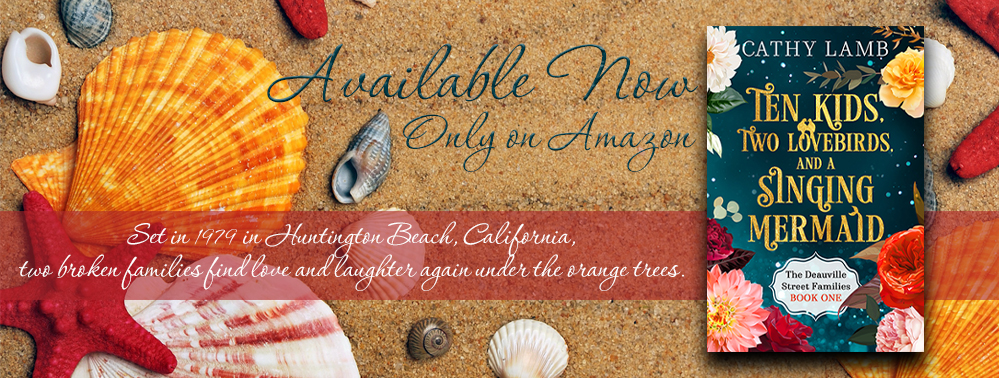







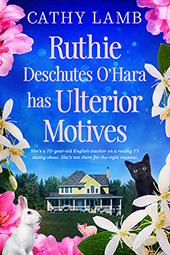

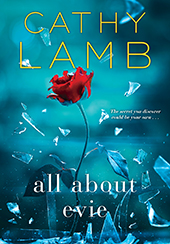
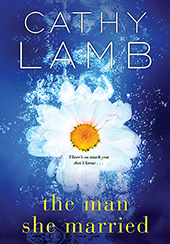
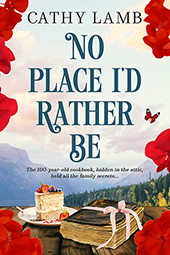
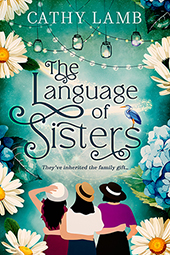
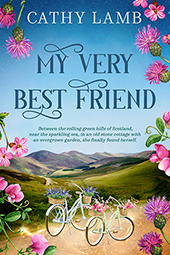
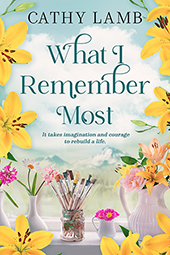
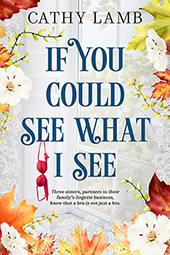
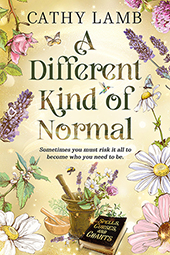
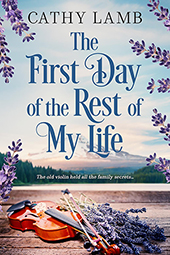
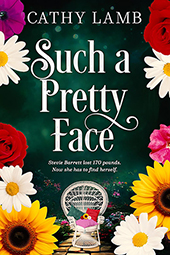

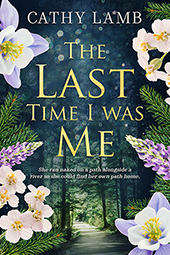
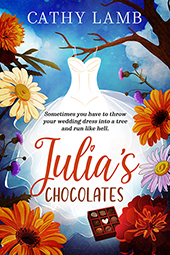

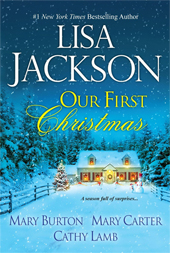
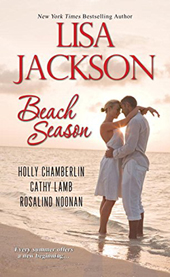

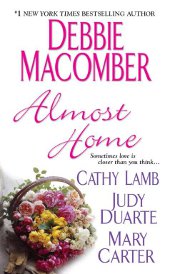


Thanks for this. I needed it today in particular. I’m working on a second novel that feels like a tangled ball of yarn and I’m not sure my first one will ever be published after rewritng it ten times, maybe more. I’d just taken a reading break (I’m reading A Different Kind of Normal), got back on my computer and was led here via Facebook. Now I’m laughing. Thanks again.
1You’re welcome.
2Now quit editing – 10 times is enough. You can over – edit, too. Send it out. Keep laughing.
14. Do not be bothered if you feel that you are strange
THANK YOU!!!!
3